1952 Summer Olympics
| Games of the XV Olympiad |
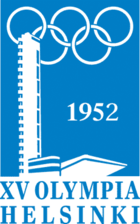 |
| Host city |
Helsinki, Finland |
| Nations participating |
69 |
| Athletes participating |
4,955
(4,436 men, 519 women) |
| Events |
149 in 17 sports |
| Opening ceremony |
July 19 |
| Closing ceremony |
August 3 |
| Officially opened by |
Juho Kusti Paasikivi |
| Athlete's Oath |
Heikki Savolainen |
| Olympic Torch |
Paavo Nurmi and
Hannes Kolehmainen |
| Stadium |
Olympic Stadium |
The 1952 Summer Olympics, officially known as the Games of the XV Olympiad, were an international multi-sport event held in Helsinki, Finland in 1952. Helsinki had been earlier given the 1940 Summer Olympics, which were cancelled due to World War II.
Host city selection
Helsinki was chosen as the host city over bids from Amsterdam and five American cities: Chicago, Detroit, Los Angeles, Minneapolis and Philadelphia, at the 40th IOC Session on June 21, 1947, in Stockholm, Sweden.
The voting results, in a chart below, comes from the International Olympic Committee Vote History web page.
Highlights
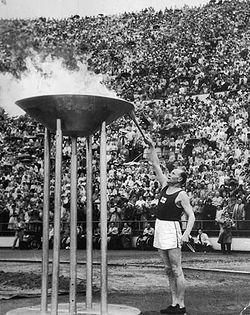
Paavo Nurmi and the Olympic Flame
- To the enjoyment of the Finnish crowd, the Olympic Flame was lit by two Finnish heroes, runners Paavo Nurmi and Hannes Kolehmainen.
- For the first time, a team from the Soviet Union participated in the Olympics. The first gold medal for the USSR was won by Nina Romashkova in the women's Discus Throwing event, and the Soviet women's gymnastics team won the first of its eight consecutive gold medals.
- Israel made its Olympic debut. The Jewish state had been unable to participate in the 1948 Games because of its War of Independence. A previous Palestine Mandate team had boycotted the 1936 Games in protest of the Nazi regime.
- The Republic of China (Chinese Taipei/Taiwan), listed as "China (Formosa)", withdrew from the Games on July 20, in protest of the allowing of the People's Republic of China's men and women to compete.[1]
- Hungary, a country of 9 million inhabitants, won 42 medals at these games, coming in third place behind the much more populous United States and Soviet Union.
- Hungary's Golden Team won the football tournament in style, beating Yugoslavia 2-0 in the final.
- Germany and Japan were invited after being barred in 1948. Following the post-war occupation and partition, three German states had been established. Teams from the Federal Republic of Germany and the Saarland (which joined the FRG after 1955) participated; the German Democratic Republic (East Germany) was absent. Though they won 24 medals, the fifth-highest total at the Games, German competitors failed to win a gold medal for the only time.
- Rules in equestrianism now allowed non-military officers to compete, including women. Lis Hartel of Denmark became the first woman in the sport to win a medal.
- Emil Zátopek of Czechoslovakia won three gold medals in the 5,000m, 10,000m and the Marathon (which he had never run before).
- The India national field hockey team won its fifth consecutive gold
- Bob Mathias of the United States became the first Olympian to successfully defend his decathlon title with a total score of 7,887 points.
- Josy Barthel of Luxembourg pulled a major surprise by winning the 1500 m.
Sports
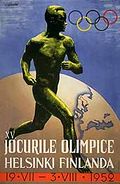
A
Romanian poster promoting the 1952 Olympics
- Athletics
- Basketball
- Boxing
- Canoeing
- Cycling
- Diving
- Equestrian
- Fencing
- Field hockey
- Football
|
|
- Gymnastics
- Modern pentathlon
- Rowing
- Sailing
- Shooting
- Swimming
- Water polo
- Weightlifting
- Wrestling
|
Demonstration sports
- Handball
- Finnish baseball
Participating nations
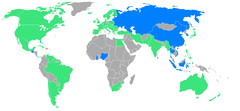
Participating nations. Pictured in blue are nations participating for the first time. Yellow dot: Helsinki
A total of 69 nations participated in these Games, up from 59 in the 1948 Games. Thirteen nations made their first Olympic appearance in 1952: The Bahamas, China, Gold Coast (now Ghana), Guatemala, Hong Kong, Indonesia, Israel, Netherlands Antilles, Nigeria, Soviet Union (USSR), Thailand, and Vietnam.
Japan and Germany were both reinstated and permitted to send athletes after being banned for 1948 for their instigation of World War II. Due to the division of Germany, German athletes from Saar entered a separate team for the only time. Only West Germany would provide athletes for the actual Germany team, since East Germany refused to participate in a joint German team.
 Argentina Argentina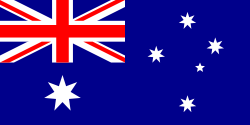 Australia Australia Austria Austria.png) Bahamas Bahamas.svg.png) Belgium Belgium Bermuda Bermuda.svg.png) Brazil Brazil British Guiana British Guiana.svg.png) Bulgaria Bulgaria.svg.png) Burma Burma Canada Canada Ceylon Ceylon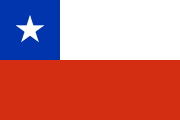 Chile Chile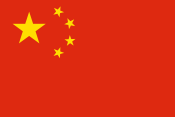 China China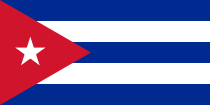 Cuba Cuba Czechoslovakia Czechoslovakia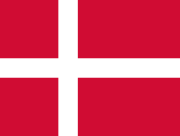 Denmark Denmark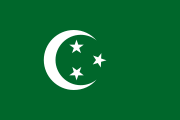 Egypt Egypt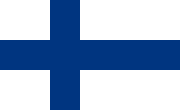 Finland (Host nation) Finland (Host nation) France France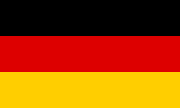 Germany Germany Gold Coast Gold Coast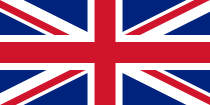 Great Britain Great Britain
|
|
.svg.png) Greece Greece Guatemala Guatemala Hong Kong Hong Kong Hungary Hungary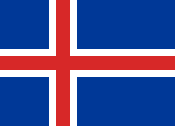 Iceland Iceland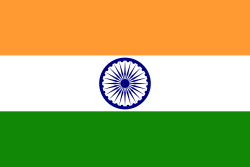 India India Indonesia Indonesia.svg.png) Iran Iran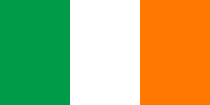 Ireland Ireland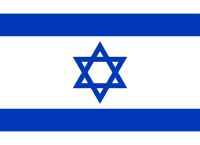 Israel Israel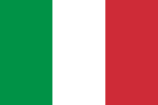 Italy Italy.svg.png) Jamaica Jamaica.svg.png) Japan Japan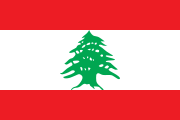 Lebanon Lebanon Liechtenstein Liechtenstein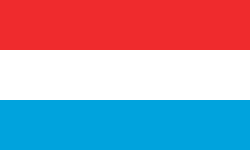 Luxembourg Luxembourg.svg.png) Mexico Mexico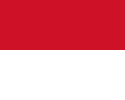 Monaco Monaco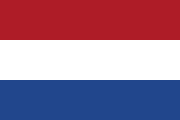 Netherlands Netherlands Netherlands Antilles Netherlands Antilles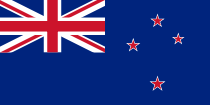 New Zealand New Zealand Nigeria Nigeria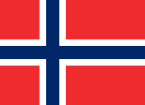 Norway Norway
|
|
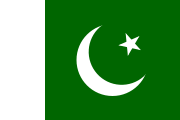 Pakistan Pakistan Panama Panama.svg.png) Philippines Philippines Poland Poland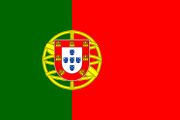 Portugal Portugal Puerto Rico Puerto Rico.svg.png) Romania Romania.svg.png) Saar Saar.svg.png) Singapore Singapore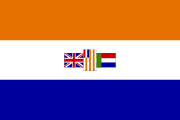 South Africa South Africa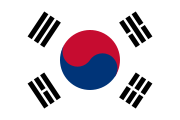 South Korea South Korea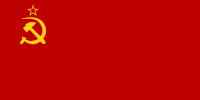 Soviet Union Soviet Union Spain Spain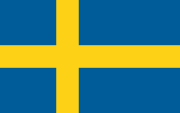 Sweden Sweden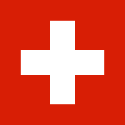 Switzerland Switzerland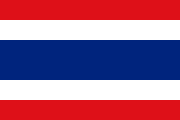 Thailand Thailand Trinidad and Tobago Trinidad and Tobago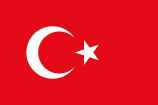 Turkey Turkey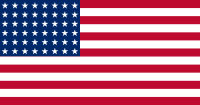 United States United States Uruguay Uruguay Venezuela Venezuela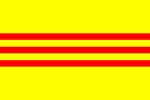 Vietnam Vietnam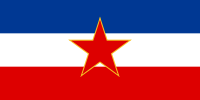 Yugoslavia Yugoslavia
|
Medal count
These are the top ten nations that won medals at these Games.
| Rank |
Nation |
Gold |
Silver |
Bronze |
Total |
| 1 |
 United States United States |
40 |
19 |
17 |
76 |
| 2 |
 Soviet Union Soviet Union |
22 |
30 |
19 |
71 |
| 3 |
 Hungary Hungary |
16 |
10 |
16 |
42 |
| 4 |
 Sweden Sweden |
12 |
13 |
10 |
35 |
| 5 |
 Italy Italy |
8 |
9 |
4 |
21 |
| 6 |
 Czechoslovakia Czechoslovakia |
7 |
3 |
3 |
13 |
| 7 |
 France France |
6 |
6 |
6 |
18 |
| 8 |
 Finland (host nation) Finland (host nation) |
6 |
3 |
13 |
22 |
| 9 |
 Australia Australia |
6 |
2 |
3 |
11 |
| 10 |
 Norway Norway |
3 |
2 |
0 |
5 |
See also
- Summer Olympic Games
- Olympic Games
- International Olympic Committee
- List of IOC country codes
-
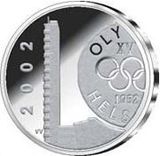
50th anniversary of the Helsinki Olympic Games commemorative coin
The 50th anniversary of the Helsinki Olympic Games was the main motif for a one of the first Finnish euro silver commemorative coins, the 50th anniversary of the Helsinki Olympic Games commemorative coin, minted in 2002. On the reverse, a view of the Helsinki Olympic Stadium can be seen. On the right, the 500 markka commemorative coin minted in 1952 celebrating the occasion is depicted.
Notes
References
External links
|
Events at the 1952 Summer Olympics (Helsinki) |
|
|
Athletics • Baseball (demonstration) • Basketball • Boxing • Canoeing • Cycling • Diving • Equestrian • Fencing • Football • Gymnastics • Hockey • Modern pentathlon • Rowing • Sailing • Shooting • Swimming • Water polo • Weightlifting • Wrestling
|
|
|
Venues of the 1952 Summer Olympics |
|
Hämeenlinna · Harmaja · Helsinki Football Grounds · Huopalahti · Käpylä · Kotka · Laakso · Lahti · Liuskasaari · Malmi Rifle Range · Maunula · Meilahti · Messuhalli · Olympic Stadium · Pakila · Ruskeasuo Equestrian Hall · Swimming Stadium · Taivallahti · Tali Race Track · Tampere · Tennis Palace · Turku · Velodrome · Westend Tennis Hall
|
|


